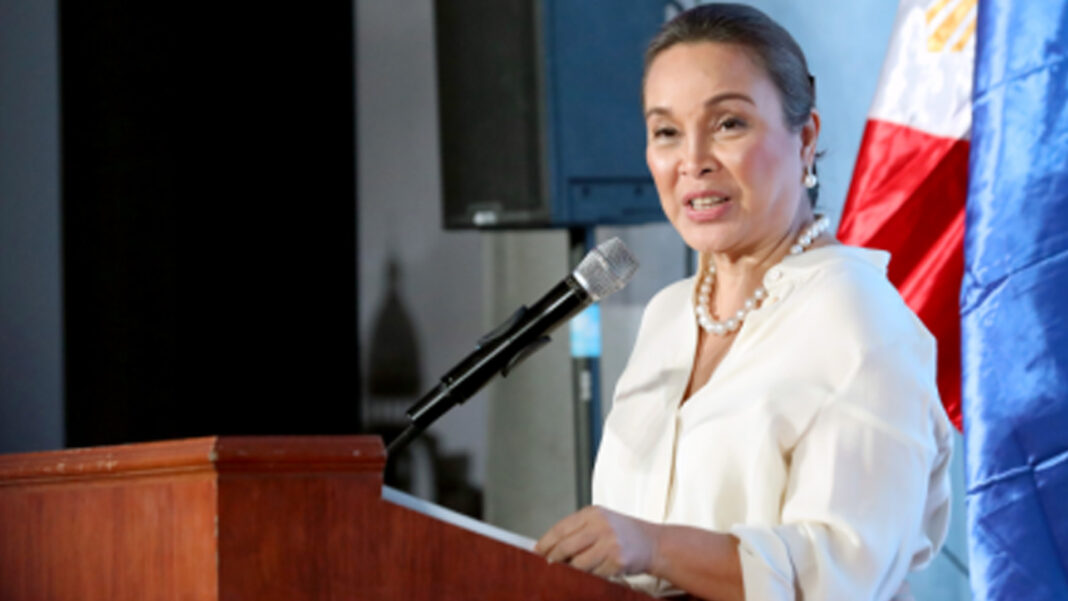Senator Loren Legarda on Wednesday said the Philippines can learn from Singapore’s long-term resilience plan in strengthening its climate response, stressing the need for proactive planning as the country remains the most at-risk to climate change.
Legarda, in a recent meeting with Singapore Deputy Prime Minister and Minister for Trade and Industry Gan Kim Yong, highlighted the shared priorities of both countries in building climate resilience, alongside digital and energy cooperation.
“We want to learn from Singapore despite our different vulnerabilities,” Legarda said, citing the Philippines’ large population and developing status compared to Singapore’s small, industrialized profile.
The senator, who was in Singapore under the Lee Kuan Yew Exchange Fellowship, reaffirmed her commitment to position the Philippines as a solutions-driven partner in ASEAN ahead of its 2026 chairship.
Based on the Climate Change Commission’s 2026 budget presentation, the Philippines is ranked as the world’s most at-risk nation to climate change, incurring an estimated PHP673.3 billion in economic losses from tropical cyclones alone between 2011 and 2021. The country experiences an average of 20 cyclones each year.
By 2030, productivity loss due to heat stress may reach up to PHP466 billion, while infrastructure damages from stronger storms could cost about PHP83 billion, affecting up to 6 million Filipinos annually. Sea levels are also projected to rise by as much as 13 millimeters per year in some areas.
The Climate Change Commission reported that its 2026 proposed budget under the National Expenditure Program is PHP188.6 million, only 0.00278 percent of the PHP6.793-trillion total expenditure program. The budget is lower than the 2025 allocation of PHP260.1 million, which represented 0.00411 percent of government spending.
Legarda said these projections underscore the urgency of pursuing nature-based solutions such as reforestation and mangrove rehabilitation, which she stressed could attract investment through carbon credits.
She added that building resilience is not only about protection but also about creating economic opportunities that support inclusive growth. (PNA)


